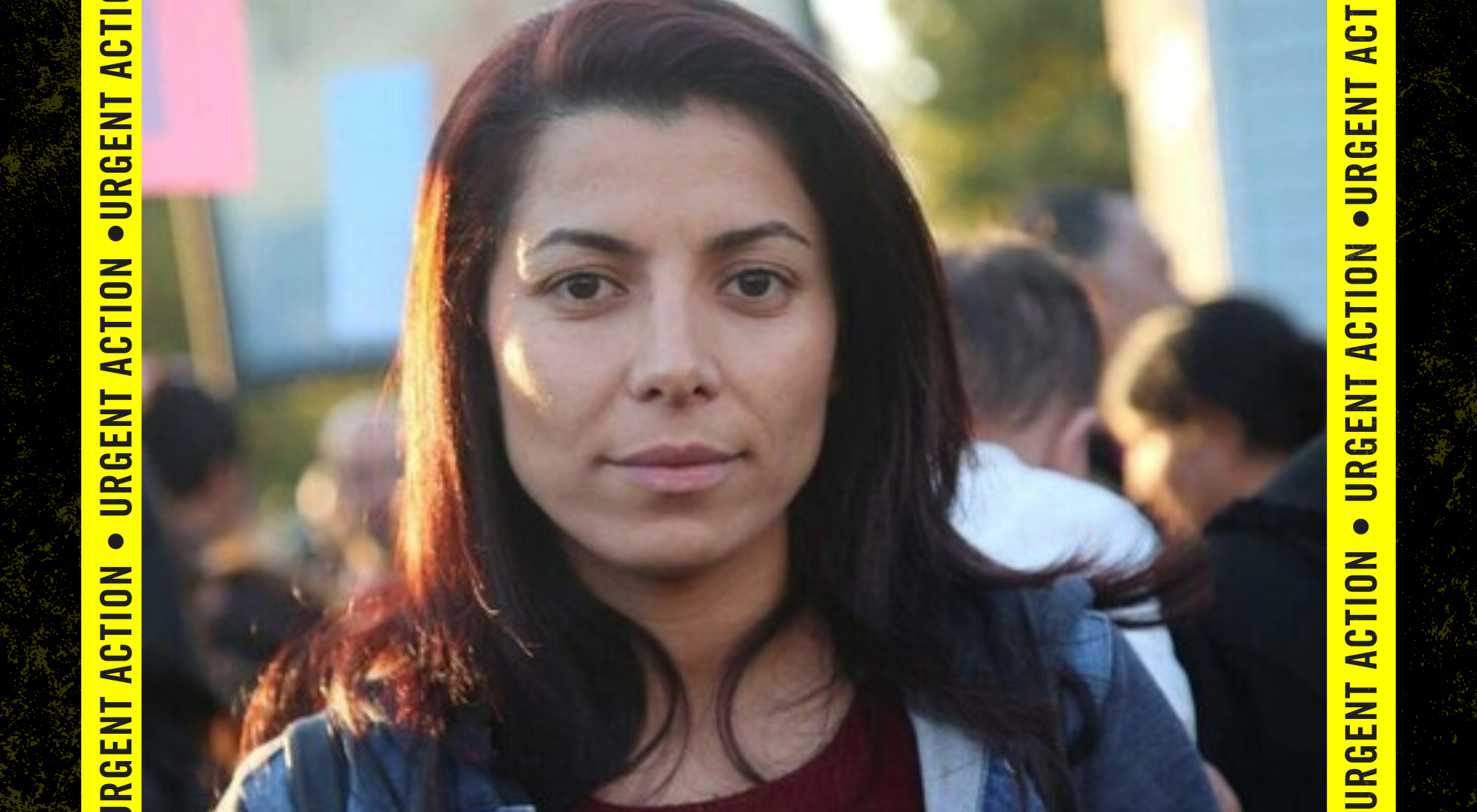Verisheh Moradi, a member of Iran’s Kurdish minority, faces the death penalty after a deeply unfair trial in Tehran’s Revolutionary Court. In November 2024, she was sentenced to death for “armed rebellion against the state” (baghi). Authorities ignored her allegations of torture and mistreatment during detention. Her case is now awaiting a decision from the Supreme Court.
Here’s what you can do:
Write to the Head of Judiciary urging the Iranian government to:
- Immediately halt any plans to execute Verisheh Moradi, quash her conviction and death sentence, and release her, as her detention is arbitrary due to severe violations of her fair trial rights.
- Pending her release, provide her with adequate healthcare, including access to treatment outside prison if necessary, and ensure regular visits from her family and lawyers.
- Protect her from further torture and other ill-treatment, and order an independent, effective, and impartial investigation into her allegations of torture. Bring anyone suspected of criminal responsibility to justice in fair trials without recourse to the death penalty.
- Establish an official moratorium on executions with the aim of fully abolishing the death penalty.
Write to:
Head of judiciary,
Gholamhossein Mohseni Ejei,
c/o Embassy of Iran to the European Union
Avenue Franklin Roosevelt No. 15,
1050 Bruxelles, Belgium
Email: iranemb.bru@mfa.gov.ir
Instagram: @ejeii.ir
***You could also copy the embassy of Iran in Washington via this email address: requests@daftar.org
Violent arrest and unfair trials
On August 1, 2023, Verisheh Moradi was violently arrested by Ministry of Intelligence agents while traveling into Sanandaj. According to her open letter from Evin Prison dated August 2024, agents shot at her car, shattering its windows, and physically assaulted her during the arrest. On April 9, 2024, she was indicted for charges including “membership in opposition groups” and “armed rebellion against the state” (baghi). Moradi denied taking up arms in Iran, asserting that her actions against terrorist forces like Da’esh (ISIS) were unjustly equated with opposition to the Iranian government.
Harsh detention conditions
While held in solitary confinement in Evin Prison’s section 209, Moradi reported severe health issues, including headaches, nosebleeds, and chronic neck and back pain. Officials denied her medical care and family visits as retaliation for her activism. In May 2024, she was briefly transferred for renewed interrogations and then returned to the women’s ward. By mid-November 2024, her health had worsened due to untreated intestinal problems and blocked medical transfers. Despite her condition, authorities have continued to deny her the necessary physiotherapy for her pain.
Peaceful protests and retaliation
While in prison, Moradi has participated in peaceful protests, including a hunger strike on October 10, 2024, World Day Against the Death Penalty. Her strike ended on October 29, 2024, after urgent calls from activists concerned about her worsening health. In October 2024, she received an additional six-month prison sentence for protesting against secret executions and the death penalty. Officials also opened a second case against her for her involvement in protests inside Evin Prison, further intensifying her persecution.
Broader context of repression
The Iranian authorities have escalated their use of the death penalty to suppress dissent, disproportionately targeting ethnic minorities like Kurds and Baluchis. In 2023, 853 executions were carried out, with ethnic minorities accounting for a significant share. Women, including Kurdish activists, have also faced politically motivated death sentences. Amnesty International condemns these actions as violations of the right to life and examples of cruel, inhuman, and degrading punishment. Widespread discrimination against ethnic minorities in Iran continues to fuel marginalization, poverty, and violence.
Please take action as soon as possible until April 4, 2025! The UA will be duly updated should there be the need for further action.




























